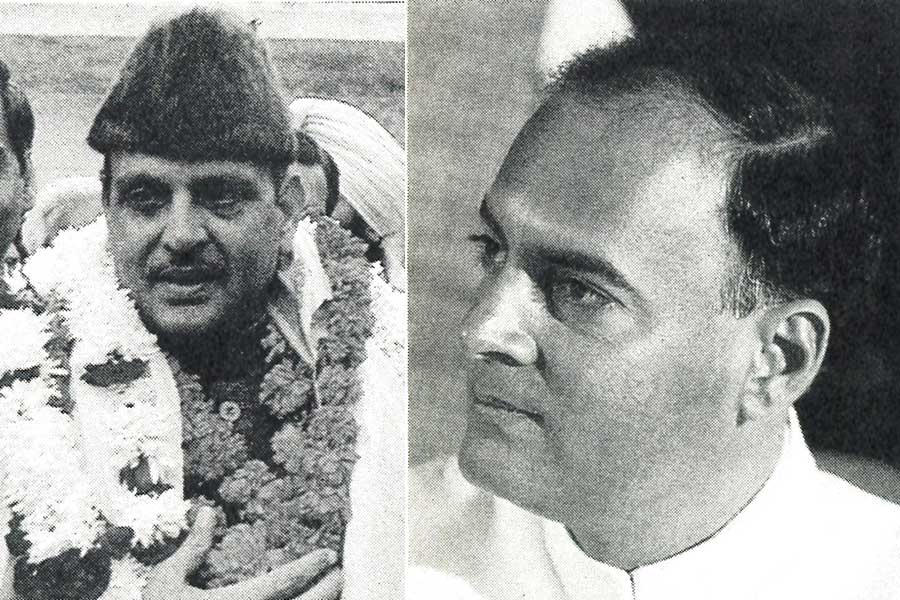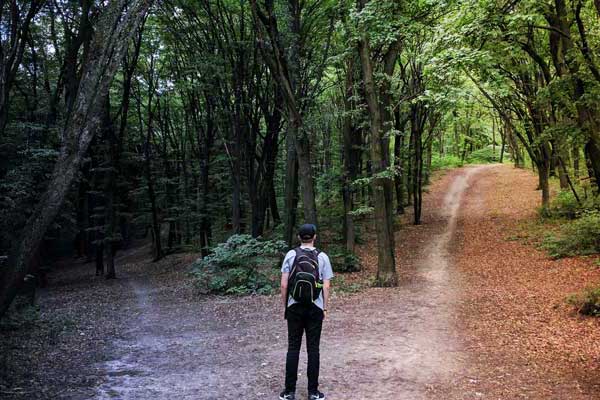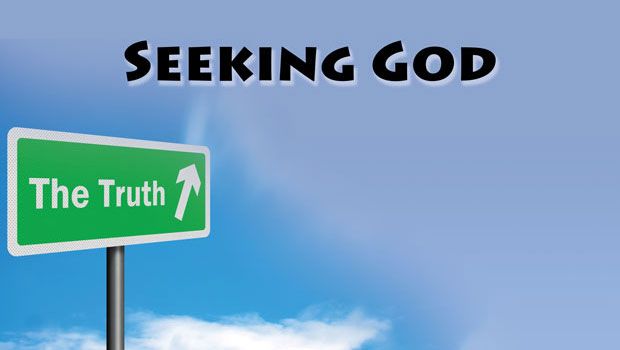An important task for the new government in New Delhi, led by Prime Minister V.P. Singh, is to restore minority confidence in a Hindu majority country. Now that Rajiv Gandhi is out after presiding over India’s worst killings of Muslims since independence in 1947, Mr. Singh has a chance to take the high moral ground by stopping Hindu high handedness towards Muslims and other minorities. The sad irony is that the very elements that he must control in the interest of peace are the ones who put him in power. That makes his job of bringing communal harmony and equal opportunity to all Indians even more difficult.
Since Mr. Gandhi came to power in 1984, the law-and-order situation throughout the country had deteriorated and the minorities lived in fear. The most recent carnage in Bhagalpur, in the Indian state of Bihar, in which hundreds of Muslims were murdered in cold blood by Hindus, has only confirmed their fears once again. Anti-Muslim riots are nothing new to India, where the Hindu police often join in the killings, but in the last five years of Mr. Gandhi’s rule they have proliferated, and the official policy of slowly grounding Muslims to dust has come out in the open with all its naked11ess. During or about the same time there has been a marked increase in Hindu fundamentalism and a yearning to turn India into a Hindu state. The government of Mr. Gandhi, aware that Hindus comprise 82.5 percent of India’s population, did not do any thing to stop the Hindu militancy.
Muslims in India: A Profile
Muslim in India number over 100 million and they are in all25 Indians states. They are a religious people and they have stood in defense of human rights. Despite India’s avowed support to the Soviet-installed regime in Afghanistan, Muslims continue to support the US-backed Afghan freedom fighters.They cherish the ideas of democracy and believe in liberty and equality for all people in all walks of life. They are hardworking people – poor but proud of their heritage. They suffer the wrath of chauvinist elements in the government and private sector. There is a policy of open discrimination against them at the highest official level. They suffer the most at the time of anti-Muslim riots. Since 1947, close to a million people have died in these riots. The worst killing· took place immediately after India won its independence in August 1947. Despite all political problems, Muslims’ contribution to the national life has been remarkable. They are in the forefront of every movement sup porting justice and freedom. They have several internal weaknesses. But as the com munity is growing in education, the shortcomings are being taken care of.
As supporters of democracy Muslims fear that the country’s judiciary and bureaucracy have joined hands with legislature in their attempt to turn India into a Hindu state with practically no rights to non-Hindus. Their fear is substantiated by the fact that there is a strong presence of Hindu chauvinist elements in the government. They feel that a Hindu chauvinist regime will be a threat to the world security and peace.
It was under Mr. Gandhi’s rule that fanatic Hindus, using the pretext of Babri Masjid Ram Janmabhoomi controversy killed Muslims in Jaipur, Bikaner, Sawai Madhpur and Ratlam in Rajasthan; Indore, Mahow, Ujgair and Baitool in Madhya Pardesh; and Delhi, Malyana, Badauan, Aligarh and Muzaffar Nagar, in Uttar Pardesh.
Muslims are not the only minority to suffer at the hands of fundamentalist Hindu organizations like Shiv Sena, Bajrang Dal, the Hindu Vishva Parishad, Rashtriya Swayam Sevak Sang, Hindu Suraksha Samiti and Hindu Ekta Sammelon. Sikhs, Dalits, and Christians have also received the same treatment. Fanatic Hindus claim that other minorities have no place in a Hindu India. They want to take the country back to the Vedic times when the society was divided into four classes of people: the Brahmin, the Kashtriyas (warriors), the Vaishnaus (businesspeople), and the Harijans (untouchables). They also want to rule the country in a manner that their god Ram did.
India’s secular constitution bars discrimination based on religious beliefs, but whether the new Prime Minister can uphold and enforce it is another question. The most serious challenge to Mr. Singh will come from the pro-Hindu Bhartiya Janata Party, whose 90 seats out of 205 they had contested make them a dominant force in the 546-seat Parliament.






